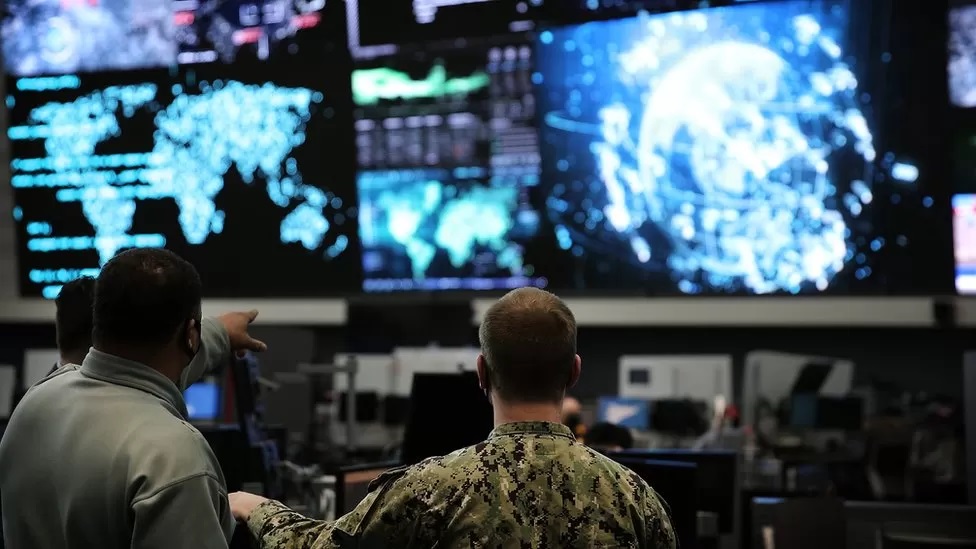In an exclusive interview with The Defense Post, Darrell M. Blocker, a veteran of the CIA’s clandestine service with 28 years of experience, shares insights into his recent appointment as a Senior Advisor at Resecurity. Blocker’s extensive background in counterterrorism and global security operations positions him uniquely in the rapidly evolving sphere of cybersecurity.
As the world faces a growing array of digital threats, Blocker emphasizes the importance of integrating cyber intelligence with traditional intelligence practices. He notes that cyberspace has long been a critical theater for warfare and espionage, with various Intelligence Collection Disciplines (INTs)—such as SONAR, TELINT, and MASINT—playing vital roles in identifying potential threats. According to Blocker, cyber intelligence should be regarded as an extension of the signals intelligence disciplines, underscoring the interconnectedness of modern security efforts.
Discussing the challenges posed by foreign adversaries, Blocker points out that non-state actors and individuals seeking chaos are increasingly concerning. He acknowledges the roles played by state actors like Russia, China, Iran, and North Korea, who must also consider the ramifications of potential cyber attacks on their own infrastructures. The Intelligence Community, he asserts, has developed effective strategies in collaboration with its Five Eyes partners—comprising the UK, Canada, Australia, and New Zealand—to counter threats from both state and non-state entities alike.
On the subject of preventive measures, Blocker advocates for adopting a zero trust architecture, continuous monitoring, and the education of individuals in key positions, be it within the U.S. Intelligence Community, private sector companies, or academia. Yet he underscores a fundamental truth: as long as humans remain involved in these processes, vulnerabilities will persist.
Blocker identifies human error as the greatest challenge organizations face in defending against advanced cyber threats. To enhance their security posture, he suggests that organizations routinely demonstrate their systems’ vulnerabilities to administrators, emphasizing the necessity for consistent diligence in cybersecurity practices. In his view, while organizations must aim for flawless execution, adversaries require only one successful breach to cause significant disruption.
As for the collaboration between private cybersecurity firms and government agencies, Blocker highlights the agility of the private sector compared to the more bureaucratic government apparatus. He stresses the importance of mutual trust, which should be cultivated in times of relative peace to prevent potential breakdowns during crises.
Blocker also notes the unique advantages that private companies like Resecurity bring to the table, suggesting that a synergy between seasoned former government officials and those experienced in the private sector can lead to more effective problem-solving mechanisms. This dual perspective can enhance national security efforts and promote robust preparedness in the face of evolving digital threats.





